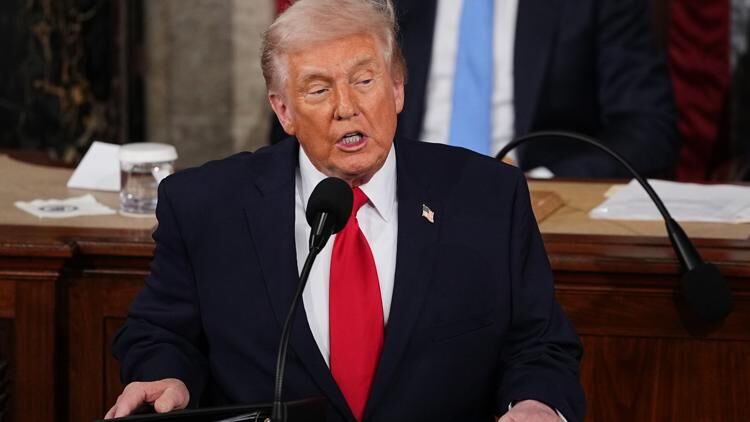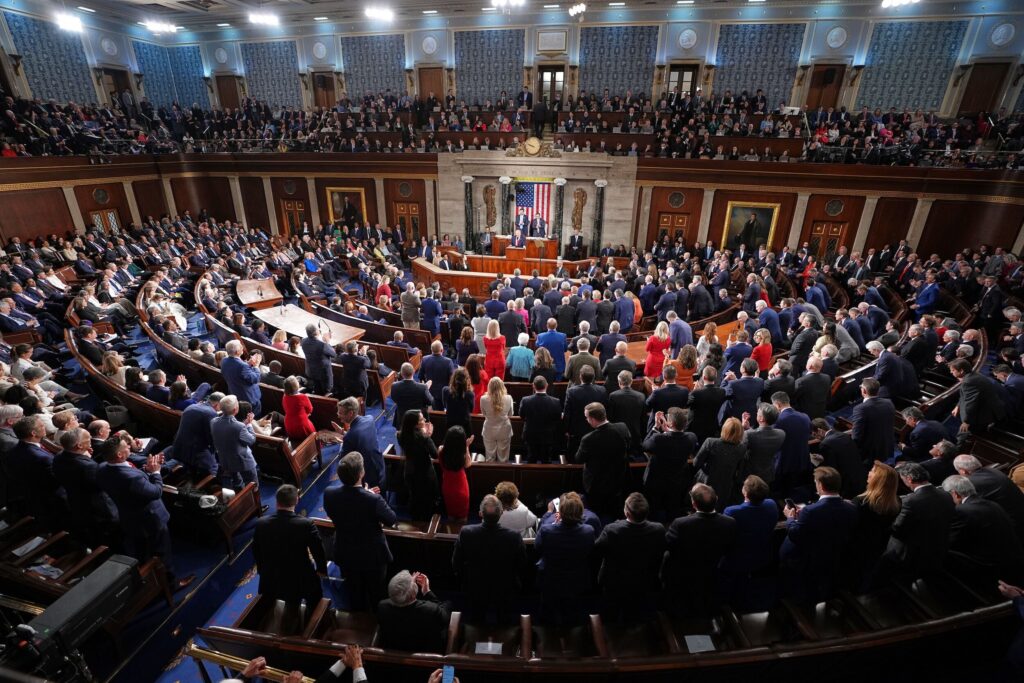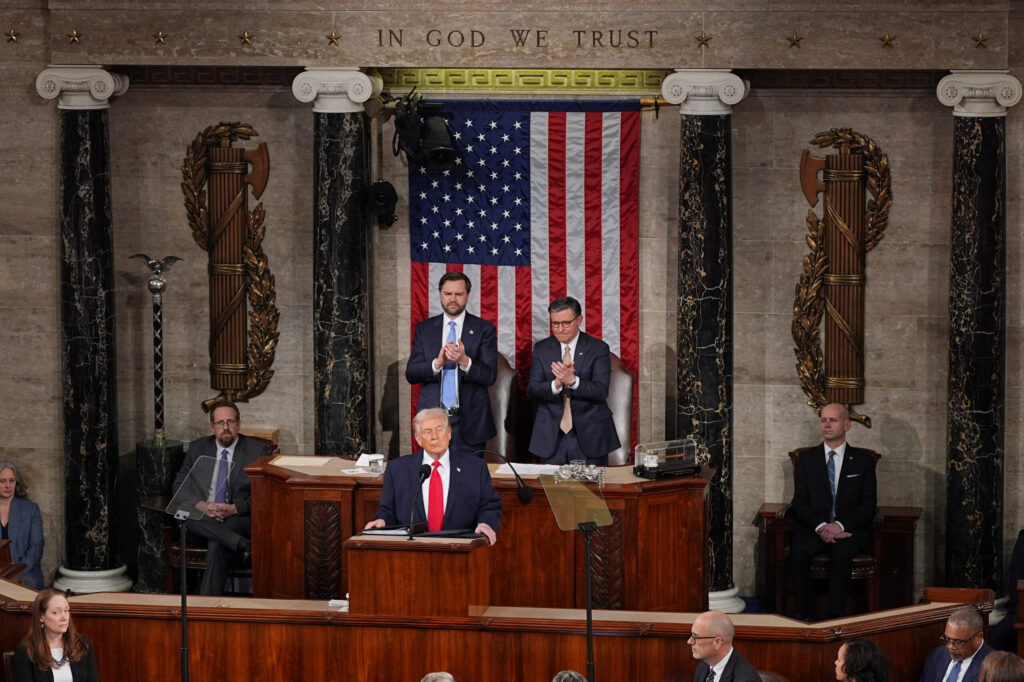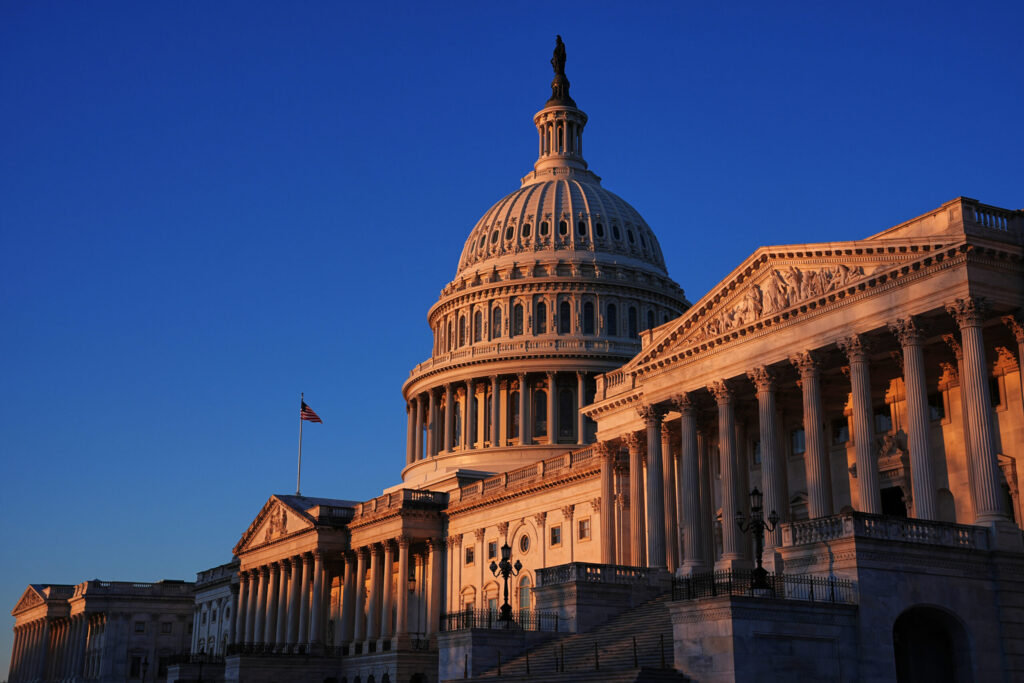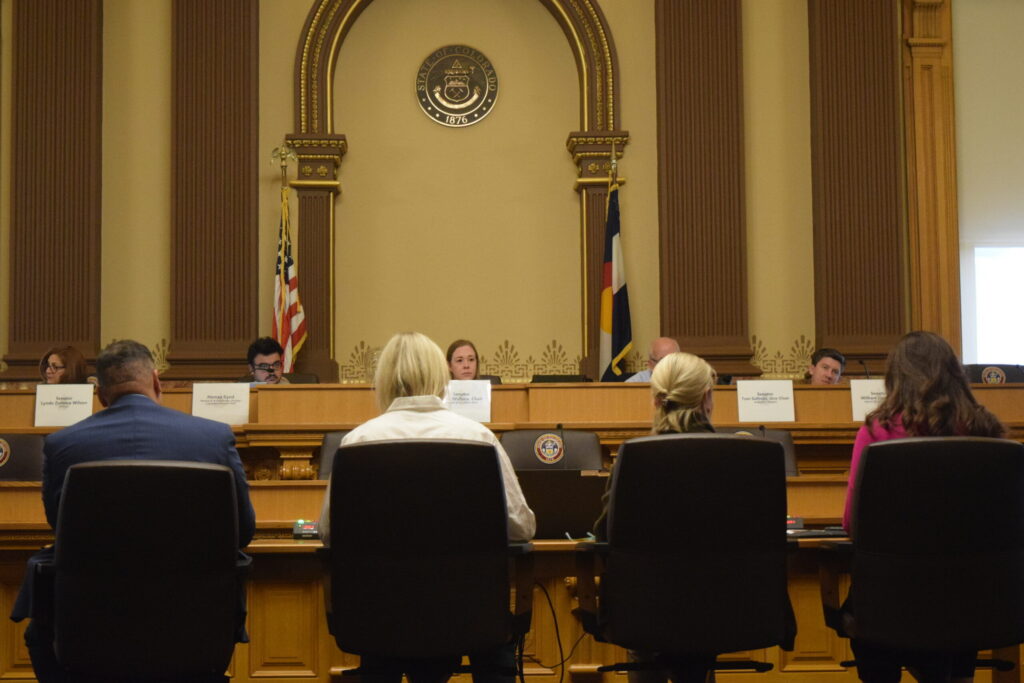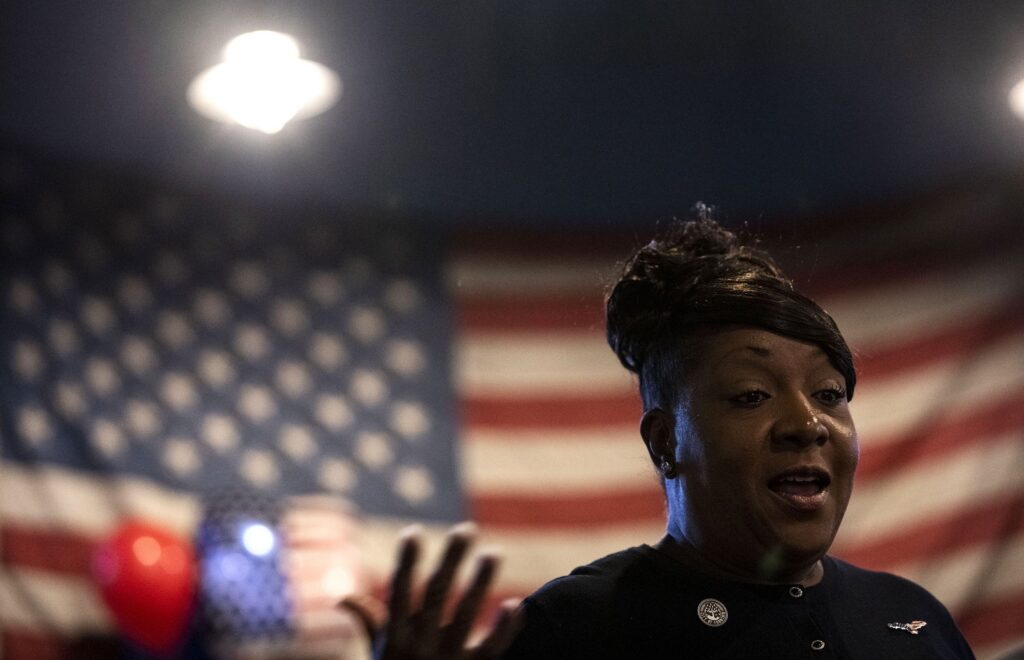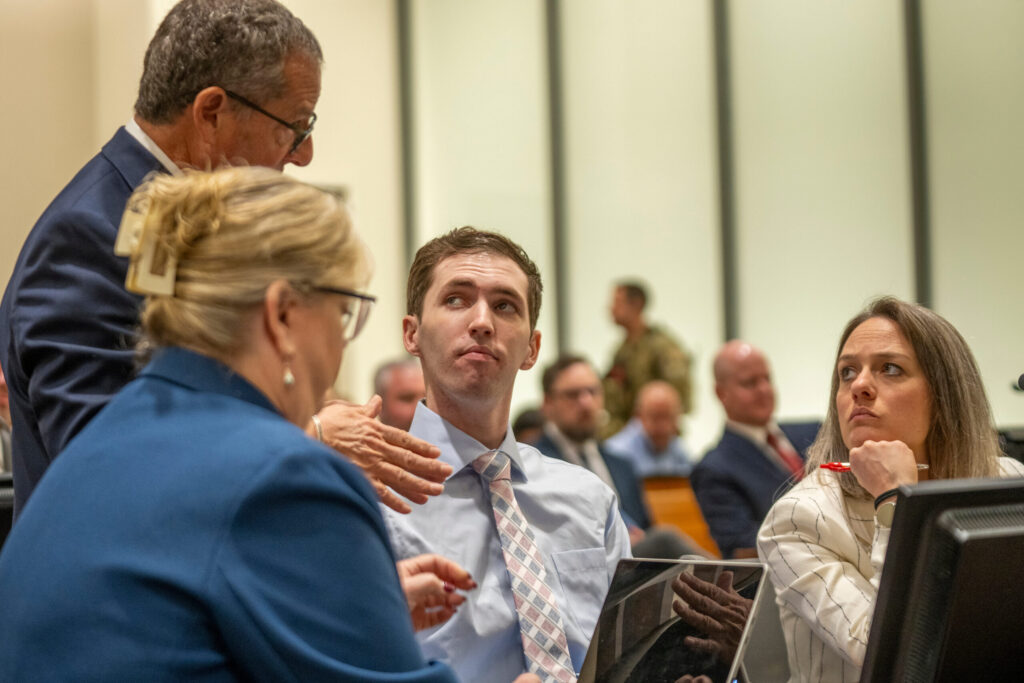Hudson: RBI honchos handicap presidential candidates
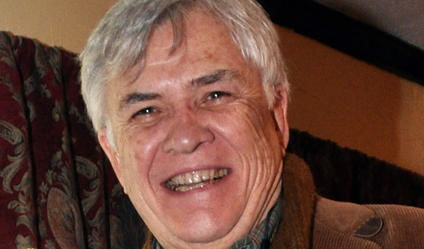
Rick Ridder and Joanie Braden, the venerable founders of Denver’s RBI political consulting firm, addressed the Downtown Democratic Forum breakfast last Friday. Asked to handicap the pending presidential campaign, Democrat Ridder brought his experience as Howard Dean’s 2004 campaign manager, and more than 40 years consulting with candidates and campaigns across the world, including a stint as president of the International Association of Political Consultants.
Presidential candidates, he said, fall into two categories: movement campaigns and personal campaigns. Movement candidates tend to land with a splash and move up quickly in the polls, because they command a built-in constituency, though the categories can, prove fluid. Dean entered the 2004 campaign as a small state governor seeking broad support but eventually broke out as the “anti-war” candidate against John Kerry, who had voted for the Iraq War resolution. Obama, on the other hand, entered the 2008 campaign as a movement candidate but was able to transform his appeal for “Change you can believe in!” into a campaign that appealed broadly to all Democrats.
Ridder labeled both Democrat Bernie Sanders and Republican Donald Trump as movement candidates appealing to disaffected voters in both parties. Their supporters believe politics and government don’t care about people like them or their problems. Usually, these candidates slowly lose support as voters get closer to making an actual selection. “Their flaws become evident over time, and it becomes harder and harder to imagine them in the White House,” Ridder said. Examining Trump’s candidacy, Ridder said that, with just 70 percent of potential voters registered, no more than 25 percent of those being Republican primary voters, that Trump’s 20-percent standing among 2016 candidates probably represents no more than 3-5 percent of all general election voters in November.
Ridder identified Scott Walker as the biggest loser in the first GOP debate, while Marco Rubio, John Kasich, Ted Cruz and Carly Fiorina left an impression with voters. He also viewed Trump as having done well, reinforcing his image as someone who might actually get things done. Ridder pointed out that these wide-open debates, where candidates can say pretty much anything, could be damaging the Republican Party’s chances for success in down-ticket races. “Voters like Planned Parenthood, they also believe in exceptions for rape and incest, even when they personally oppose abortions,” Braden pointed out, suggesting that Republican candidates who say they support abortion bans without exceptions risk turning voters off to the GOP in general.
Asked why Iowa, a 99-percent white state, plays such a key role in American presidential campaigns, Ridder recalled that the state had to reschedule its 1972 state conventions earlier because of a shortage of hotel rooms in Des Moines on the usual weekend. This moved Iowa caucuses to the earliest in the nation, and the chamber of commerce discovered this proved to be a huge moneymaker for the state. Just as New Hampshire has established its primary as first in the nation by law, so has Iowa scheduled its caucuses one week before any other state’s, no matter how early they schedule them.
Asked what foreigners think of our campaigns, Braden said two things stand out. “First, they can’t believe how long our campaigns are and how much money we spend. Two, they can’t understand why we only have two political parties.”
Ridder closed by noting that Republicans find themselves in a peculiar position this year. “Normally the economy is at the top of the Republican agenda,” he said. “But, during their debate, the economy was barely mentioned and there were no direct question from Fox about the economy. Republicans don’t seem to want voters to remember the mess Obama inherited, or the fact that he has largely fixed it.”
This silence also presents a problem for Republican Super PACs, which usually control the campaign message but first have to figure out what will resonate with voters. Neither was there much discussion of Obamacare. Even if most voters still aren’t quite sure what it is, 80 percent say they are happy with their new plans. In the meanwhile, Trump’s charges of political stupidity dominate the airwaves.
Miller Hudson is a public affairs consultant and a former state legislator. He can be reached at mnhwriter@msn.com


